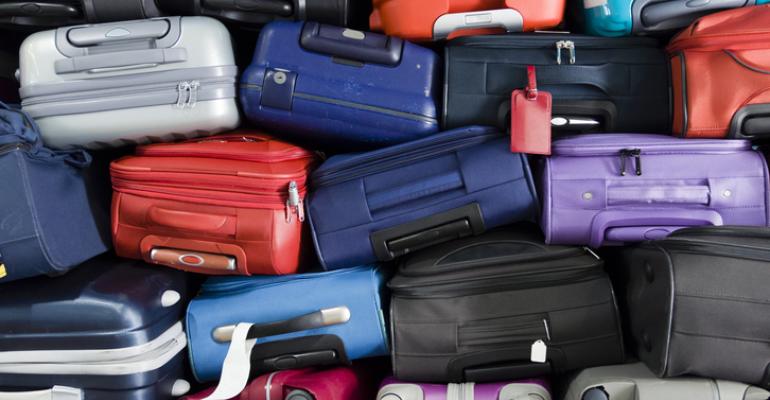Most meeting professionals are outstanding business travelers. Experience has taught them to pack like a Tetris master, use TSA PreCheck security lines, memorize the lounge locations of their airline-loyalty programs, and always have a portable charger at the ready.
However, even veteran road warriors sometimes have to check a piece of luggage, especially during the holidays when packing gifts and traveling with family. That’s when things are out of their control: U.S. airlines lose about 2 million bags a year. While it’s less than one percent of all the bags handled, that’s cold comfort if the luggage carousel stops and you’re empty handed.
Here’s what to do to prepare for lost or delayed luggage, and what your rights are. You might also want to include this in pre-meeting communications with your attendees.
Before you go:
• When packing, take a minute to take pictures of the luggage you’ll check and what’s inside. Of course, medicines, jewelry, money, and other valuables are safer in a carry-on bag, and typically airlines do not assume liability for them.
• In addition to the required exterior luggage tag, it’s a good idea to include some identification details inside your checked bag.
• If you have a tracking device like an Apple AirTag or a Tile Pro, put it in the checked bag for peace of mind.
• Check if the credit card used to book the flight offers baggage-delay coverage. A recent article on The Points Guy website includes a chart of cards and their coverage, which can supplement the airline’s reimbursement for expenses incurred if bags are delayed.
If your luggage doesn’t arrive:
• Report the missing bag at the airline’s service desk or through its website immediately. Hang onto the file-reference number you receive; it’s critical to the rest of the process.
• Start saving receipts for any expenses incurred because of the delayed or lost bags, including the cost of replacement clothes and toiletries. According to U.S. Department of Transportation information on lost, delayed, and damaged baggage, “airlines are not allowed to set an arbitrary daily amount for interim expenses. For example, an airline cannot have a policy that they will reimburse a passenger up to only $50 for each day that a passenger’s bag is delayed.”
• Typically, major airlines have moved the reimbursement process online, both for interim expenses and for a lost-bag claim. Here’s an example of the interim-expenses reimbursement site from United Airlines.
• Luggage isn’t officially lost until after at least five days and sometimes up to two weeks, depending on the airline and the itinerary.
• Once a bag is declared lost, travelers can get reimbursed for the contents, subject to depreciation. According to the DOT, airlines may require receipts or other proof regarding valuable items in the bag. This is where photos of your luggage contents may prove helpful.
• Airlines are also required to refund the baggage fees they charged.
• Airlines’ maximum liability for lost baggage on domestic flights in $3,800 per passenger. For international flights, the maximum is $1,700.





